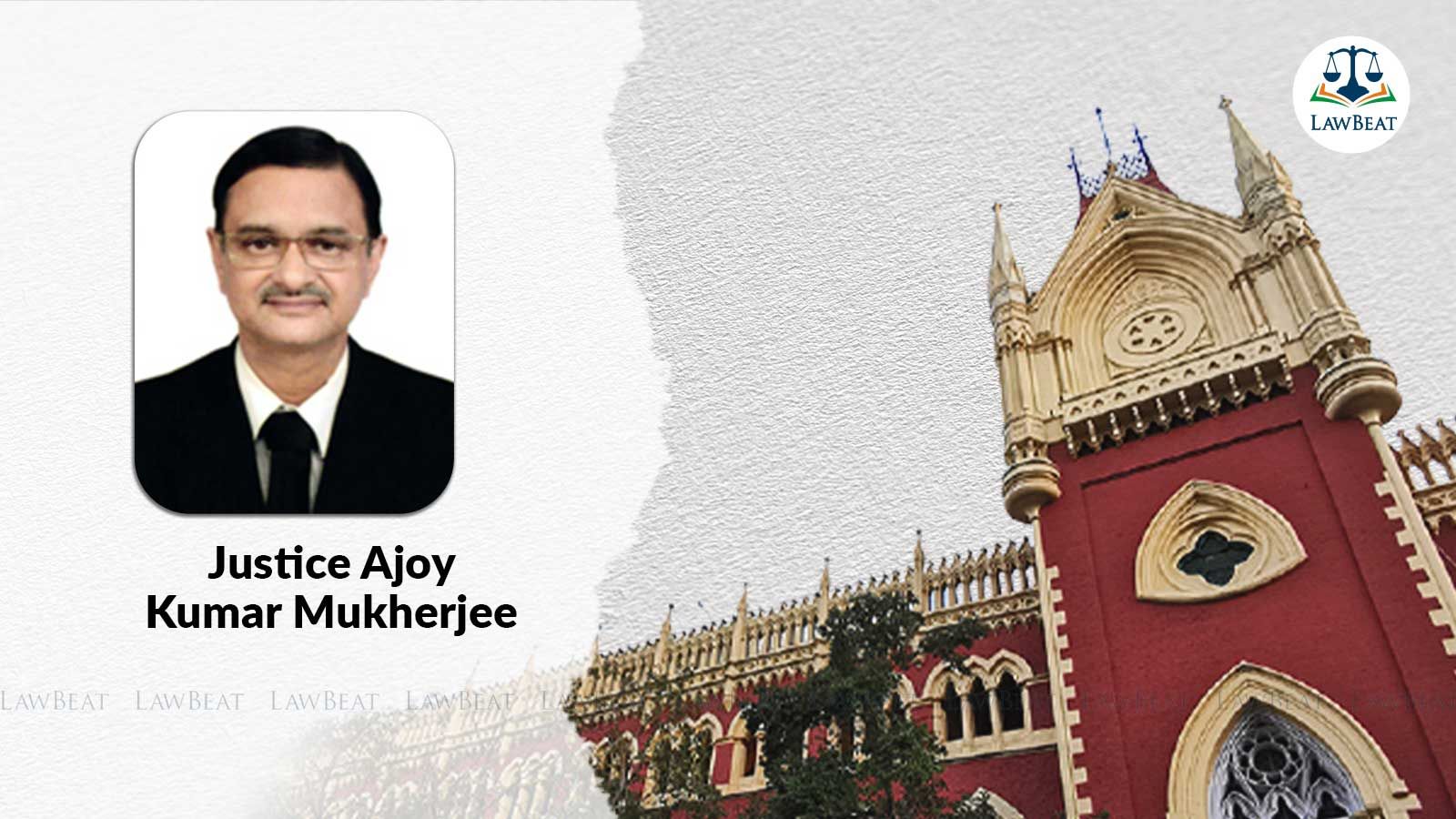Police Can't Misuse S.160 CrPC To Arrest Persons Who Are Not Connected With Alleged Offence: Calcutta HC

The petitioners claimed before the court that they are the family members of Suvendu Adhikari and they are being targeted by the ruling party.
The Calcutta High Court has recently observed that section 160 of the CrPC, which allows the police to seek the attendance of witnesses, cannot be utilized to take coercive action against people who are not related to the alleged offence.
A single bench of Justice Ajoy Kumar Mukherjee was hearing a plea filed by people claiming to be relatives and acquaintances of West Bengal's Leader of Opposition, Suvendu Adhikari under Section 482 of the CrPC read with Article 227 of the Constitution of India.
“The practice, if adopted by investigating agency during an investigation to call someone not named in the FIR or not connected in any way in committing the offence, by a notice under section 160 of the Cr. P.C and when the person concerned complies with the direction of such notice, the investigating officer in the name of interrogation, implicates him as an accused and arrests him directly, such practice cannot be encouraged,” the court added.
The present petitioners claimed that they are the family members of Suvendu Adhikari and they are being targeted by the ruling party with the police administration for their association with Suvendu Adhikari.
The petitioners were served with notices under Section 160 CrPC in connection with suspected irregularities in some contract works in Contai Municipality and were threatened with coercive measures just because they were related to and had similar political affiliations to an opposition party leader.
The advocate representing the petitioner stated that earlier also the investigating agency had arrested innocent persons on the notice under section 160 of the CrPC. He further submitted that the petitioners’ apprehension of being arrested while being served with notices under section 160 CrPC was well founded and the previous instances proved the case of the petitioners as to the intention of the investigation agency and for which he had sought for quashing the said notices.
The Public Prosecutor appearing for State contended that issuance of notice under section 160 CrPC is an integral part of a free and fair investigation. He further submitted that quashing a notice issued under section 160 CrPC is against the spirit of the said provision and as such is not liable to be quashed.
He also stated that the entire investigation may fail if the investigating agency is restricted from examining the witnesses who are acquainted with the facts and circumstances of the case.
Furthermore, he stated that the impugned notices had now become infructuous as said notices were valid for a particular date and as such the petitioners’ prayer for quashing the said notices had become redundant since notices were not in force as of date.
The court after considering all the submissions made, stated that the procedure adopted by the investigating agency was not in conformity with the provisions and object as laid down in section 160 of the CrPC and it was also violating the principles of natural justice.
The court further noted, “Even if there is any allegation of violation of notice under section 160 of CrPC, the public servant can very well take steps under section 174 of the Indian Penal Code but the investigation agency cannot use section 160 of the Cr. P.C as an oppressive measure against anyone.”
“It is concluded that it is the duty of the court to ensure that the criminal law does not become a weapon for the selective harassment of citizens. Courts should be alive to both ends of the spectrum - the need to ensure the proper enforcement of criminal law on one hand and the need on the other of ensuring that the law does not become a ruse for targeted harassment,” the court added.
The court while disposing of the present application directed the investigating agency that if the investigation still continues in connection with Contai Municipality, the agency will be free to issue another set of notices under section 91/160 of CrPC to the petitioners, if their presence and interview are required for investigation but in that case the petitioners must be given at least 72-hours notice.
Case Title: Sutapa Adhikari & Ors v State of West Bengal & Anr
Statuute: The Code of Criminal Procedure Code
